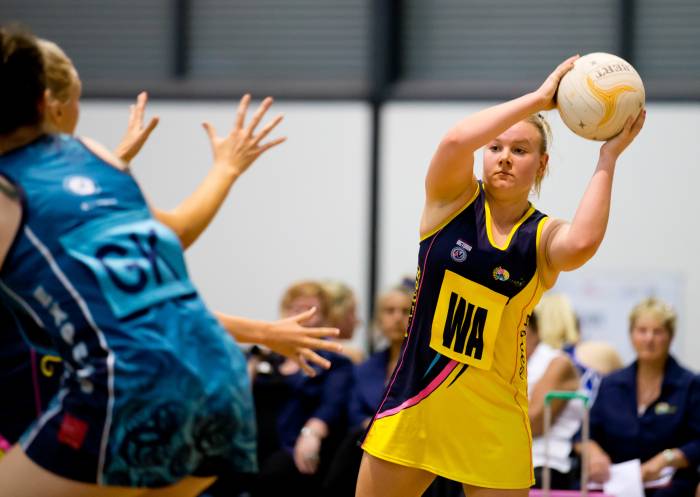As the World Cup unfolds, captivating soccer fans around the globe, the broad appeal of high-level sports is on full display. But the impact of sports extends far beyond major international events, as impressive they may be, to include far-reaching benefits for ordinary people.
Initiatives that encourage people to exercise regularly can help to reduce the incidence of strokes, cancer, and depression, resulting in higher productivity and lower health-care costs. These are important goals for a region like Latin America and the Caribbean, where one in four adults is obese – a trend that has worsened over the last decade.
Sports can also strengthen social relationships, by bringing together people from different backgrounds and creating a sense of shared purpose and identity. Moreover, they can provide a productive outlet for young people, keeping them focused and engaged and boosting their self-esteem, thereby reducing their vulnerability to harmful social influences. And they can promote qualities like perseverance, teamwork, and leadership – the kinds of soft skills employers seek in job candidates – while even supporting gender equality.
In short, sports programs are good for individuals, communities, and countries. That is why, since 2004, the Inter-American Development Bank (IDB), of which I am president, has supported sports-for-development programs for at-risk youth in 18 countries. Such programs often combine the sport itself (namely, soccer) with vocational training and internships.
The results are promising, to say the least. Around 70% of participants complete the program; of those, more than 65% get formal jobs, return to school, or start a business within one year. A project carried out in El Alto, Bolivia, used soccer to enable more than 600 girls to learn leadership and other useful life skills. Though we have only limited data on their progress, we know from other research carried out in the United States that participation in sports can have long-term benefits for women, including higher educational attainment and job earnings.
Despite these benefits, Latin American and Caribbean countries spend a relatively modest 0.1% of GDP on sports programs with broad social goals – about one-third as much as their European counterparts. Does this mean that these countries should increase their investment in sport? It depends on the investment.
Not all sports programs are created equal. In Europe, researchers have found that youth recreation centers where activities are not structured sometimes become gathering places for kids involved in high-risk behavior such as gang activity.
Highly structured programs that build strong relationships between students and their coaches or other mentors are much more effective. For example, supervised sports programs for schoolchildren can be strengthened as part of efforts to extend the school day – an accelerating trend across Latin America and the Caribbean.
The IDB’s research and experience with sports-for-development programs supports these conclusions, indicating that the value of pubic investment depends on the specific strategy. But it is not yet clear precisely which strategies work best. Thus, to maximize the economic and social benefits of government investment in sports, policymakers need more information.
Specifically, there is a need for more experimentation, improved data collection, and careful evaluation, including reliable comparisons with competing approaches. At the IDB, we have found that the key is to test pilot projects and assess the data that are generated. Governments and other organizations, including development institutions like the IDB, can then work together to scale the programs that prove most effective, while applying the lessons of less effective interventions.
Much like scoring a goal, hitting a home run, or dunking a basketball, making sports-for-development programs work requires a lot of practice, not just to master the technique or approach, but also to be able to apply it to diverse circumstances. What happens on the playing field depends on everything that happened before – the failures as well as the successes.
If governments are not willing to put in the work, their investments will not be worthwhile. If, however, they commit to the experimentation, evidence collection, and evaluation that all smart public spending requires, sports-based investment can go a long way toward strengthening communities and enabling young people to live healthier, happier, and more productive lives.
Luis Alberto Moreno is President of the Inter-American Development Bank, and a member of the World Economic Forum’s Foundation Board.
Read the original article on project-syndicate.org.
More about: sport
















































